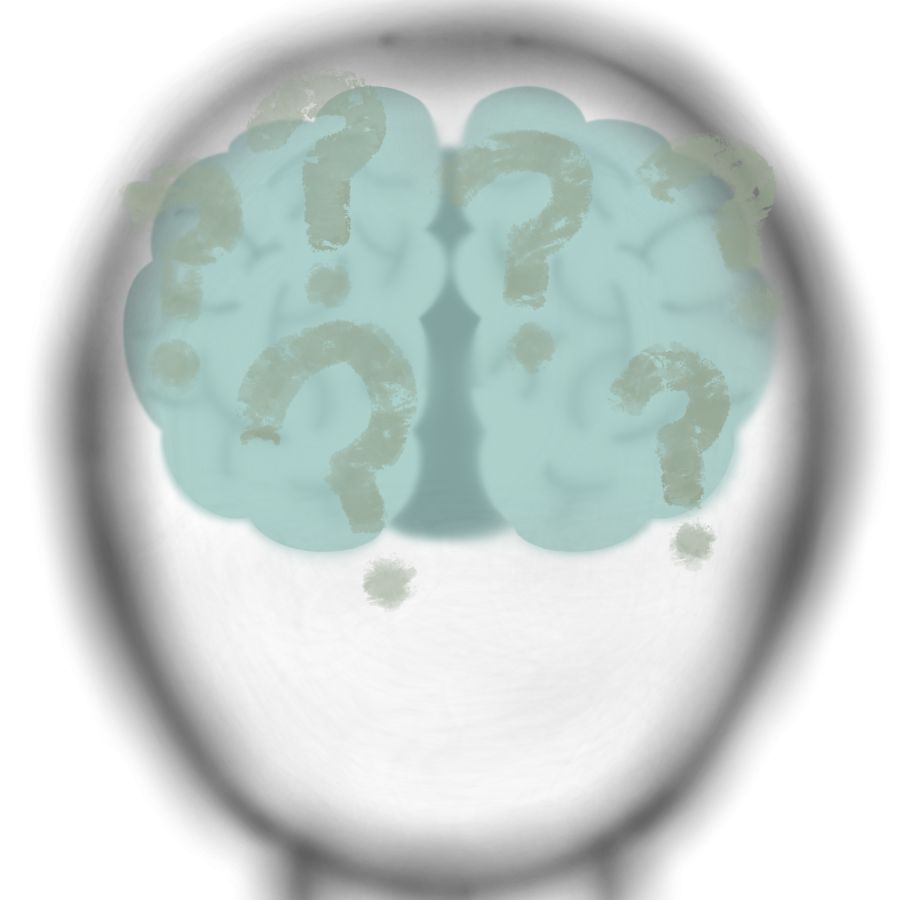Mental health resources made readily accesible for all teens
December 16, 2022
In 2020, about 17 percent of US adolescents experienced depressive episodes that included losing interest in certain activities or periods of prolonged anxiety. Maintaining and dealing with mental health can be tough; however, there are many resources available both online and locally.
Attention on mental health has significantly increased in the past few years. Mental health consists of social, emotional and psychological-well being.
“In recent years, mainly due to COVID, people have been starting to realize how to take care of their mental health,” Tualatin senior Lianna Smith stated.
Smith is the president of Work2BeWell (W2BW), a Tualatin High club that advocates for mental health awareness among teens.
“One resource we use is work2bewell.org and [it] is run by students,” Smith shared.
The W2BW website is a curriculum-based resource that offers information about mental health. It was created by students who worked alongside doctors and psychiatrists.
Many high schools can start a club under W2BW based on their curriculum. Additionally, there is a National Advisory Board that consists of students who are a part of the W2BW clubs, such as Smith.
One of the TuHS’ W2BW club advisers is school psychologist Kayla Worley, who is available for appointments with students. She shared her perspective on the importance of mental health as well.
“Taking care of your mental health is super important for kids and adults, so I think it is beneficial to take advantage of readily accessible resources,” Worley stated.
Crisis Text Line, an anonymous service, offers free crisis counseling by texting “SIGNS” to 741741. The text line is accessible 24/7. In addition, a suicide and crisis lifeline is accessible to all by calling the number 988.
Youthline is another crisis line option with one unique quality: it is staffed by peers.
“Youthline is where teens work on a crisis line,” Smith shared.
Teenagers are available to chat from 4 p.m. to 10 p.m. every night, and adults are available to talk at other times.
Crisis lines and text lines may be seen as beneficial due to some individuals’ preference to speak through their devices rather than face-to-face. Counselors at TuHS and outside therapists are another great resource for students.


